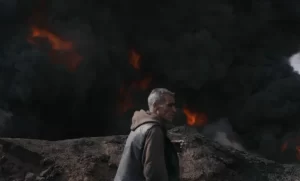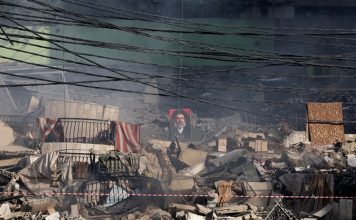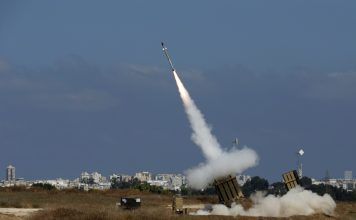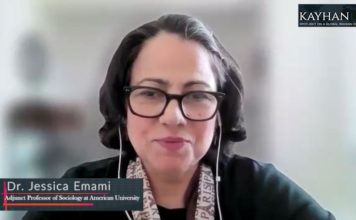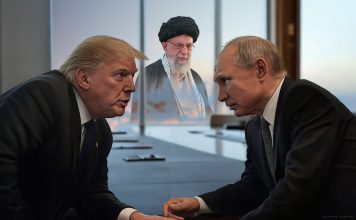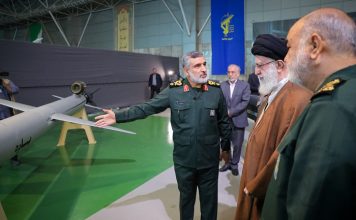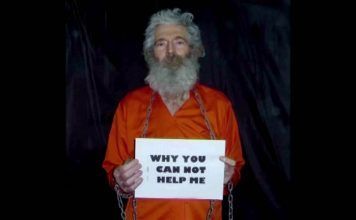By Ahmad Rafat
Mohammad Rasoulof, the Iranian filmmaker who secretly escaped Iran earlier this year, is back in the spotlight at the Toronto International Film Festival (TIFF) with “The Seed of the Sacred Fig,” which won the Special Jury Prize at the Cannes Film Festival in May. The festival, which began on Sept. 5, ends with an awards ceremony on Sept. 15.
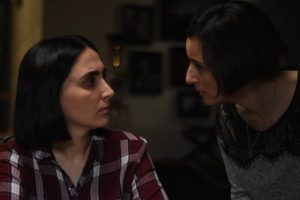
Rasoulof has also written the script for the movie “Seven Days,” which is premiering in Toronto. Directed by the Iranian-German filmmaker Ali Samadi-Ahadi, it was produced in Germany, and stars the Iranian actress, set designer and art director Vishka Asayesh. She recently left Iran for Europe after having shared her experiences as an Iranian woman on social media and refused to wear the mandatory hijab.
At Cannes, Iranian Director Rasoulof Recalls Difficult Exile Decision
“Seven Days” is the story of an Iranian human rights activist who is granted a seven-day medical leave after six years in prison. During this brief period, she successfully escaped Iran using her medical furlough; however, this choice comes with its repercussions.
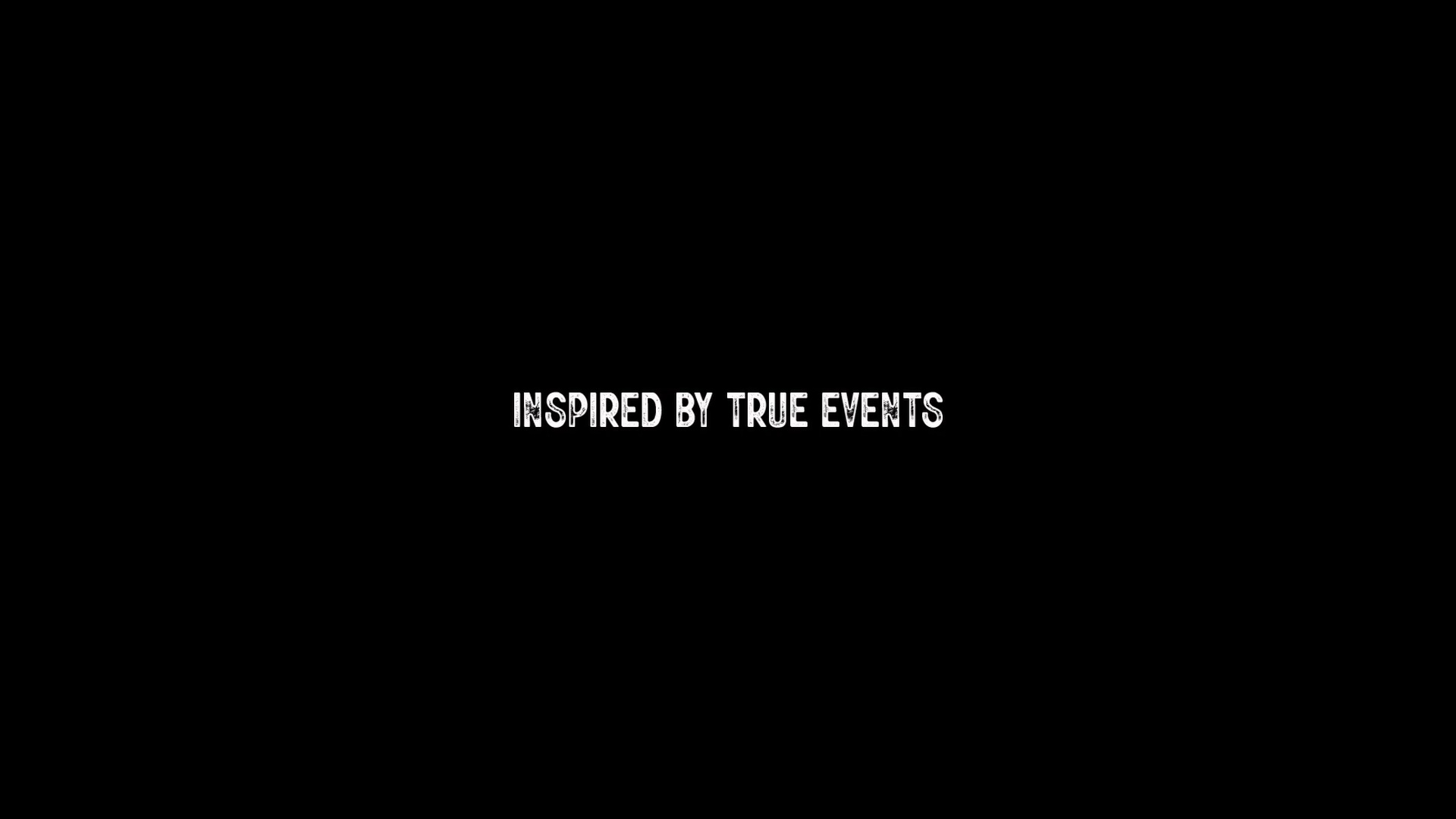
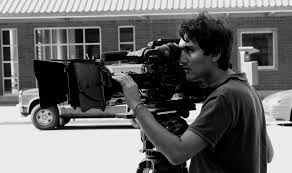
Also screening in Toronto are Milad Tangshir’s “Anywhere, Every Time,” made in Italy; the documentary “A Sister’s Tale” directed by Leila Amini, a German-Swiss coproduction; and the short film “Who Loves the Sun” by Iranian-Canadian director Arshia Shakiba.
Meanwhile at the Venice Film Festival, which ended Sept. 7, Iranian director Nader Saeivar’s film “The Witness,” a German-Austrian coproduction, received the highest honor in the Orizzonti Extra (Horizons Extra) category. Saeivar dedicated his award to the “brave women of Iran” and to the celebrated Iranian filmmaker Jafar Panahi, who is currently under a travel ban.
In 2018, Saeivar won the best screenplay award at the Cannes Film Festival for co-writing “Three Faces” alongside Panahi. Panahi’s name is also credited at the end of “The Witness.” Filmed in Iran, it stars Maryam Bobani, Hana Kamkar, and Ghazal Shojaei.
Challenging the Islamic Republic’s mandatory regulations, particularly those requiring female performers to wear hijabs, the movie revolves around women from various generations who become embroiled in a murder case. According to Saeivar, the characters in “The Witness” are all influenced by the wave of protests that erupted following the death of Mahsa (Zhina) Amini in September 2022.
Saeivar has previously participated in other prestigious festivals with movies such as “Namo” (2020) and “No End” (2022). Unfortunately, because of their unique and unconventional themes, these films have been banned from screening in Iran.
Milad Tangshir, an Iranian filmmaker living in Italy, received the award for best independent work for his film “Anywhere Anytime” in the Settimana Internazionale della Critica (International Critics Week).
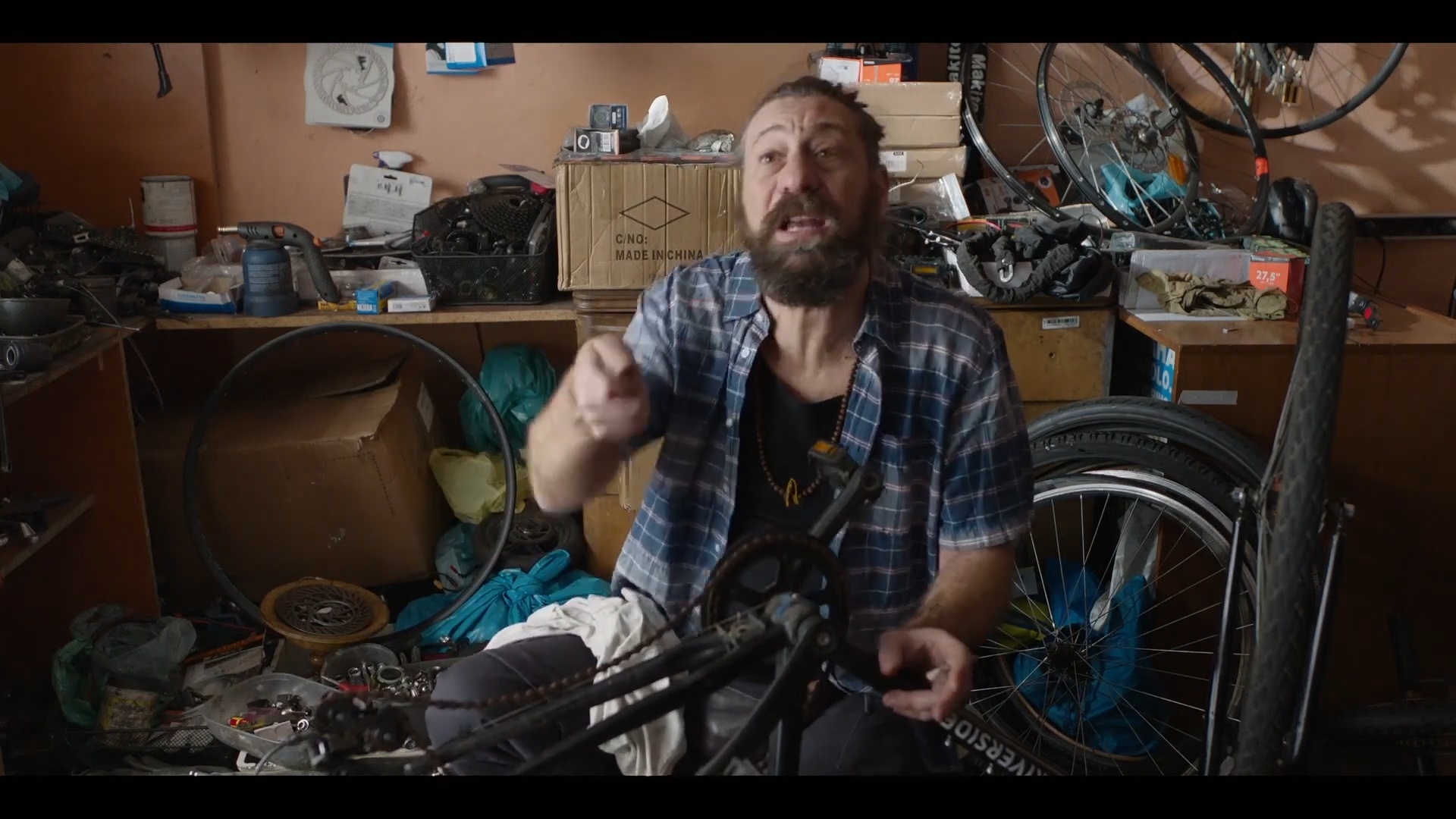
Back in Toronto, a highlight of the festival’s Classics section this year is the important Iranian feature film “Time of Maturity,” directed by the late filmmaker Sohrab Shaheed-Salles (1944-1998). This film, made in 1976 while the Shaheed-Salles lived in Germany, has recently been digitally restored.
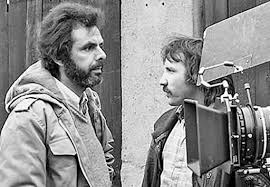
Regarded as one of the most respected filmmakers in Iranian cinema, Shaheed-Salles is recognized by Iranian film enthusiasts for movies such as “A Simple Event” (1973) and “Still Life” (1974). His filmmaking career in Germany prior to the 1979 revolution, although unrelated to Iran, is also noteworthy.
“Time of Maturity” is one of his finest films, shot in Germany. In it, the talented Iranian director adeptly depicts the themes of loneliness and hardship experienced by a child. The story begins with a 20-minute sequence that unfolds with no dialogue in a domestic setting, during which the film introduces the two main characters: a nine-year-old boy and his mother, a sex worker.
“Seven Days director Samadi-Ahadi was born in Tabriz, the capital of the northwestern province of East Azerbaijan. He moved to Germany with his family when he was 13 and pursued studies in visual communication.
Among his notable works is the award-winning documentary “Lost Children” (2005), which explores the challenging lives of child soldiers in northern Uganda, and which has garnered several accolades, including the German Film of the Year Award.
His comical feature “Salami Aleikum” (2009) focuses on Iranian immigrants living in Germany and draws from the director’s experiences and personal life there. Samadi-Ahadi has also directed two significant documentaries, “Iran: Elections 2009” and “The Green Wave” (2010),
Milad Tangshir’s film “Anywhere Anytime” narrates the experiences of Issa, a young African immigrant living illegally in the industrial Italian city of Turin. The story follows Issa as he strives to establish a stable life despite his challenges.
Issa is ultimately dismissed from his job after being employed under illegal circumstances and receiving a meager wage. In search of new opportunities, he secures a position as a delivery person. However, his situation worsens when his bicycle is stolen, leading him to lose his job again. The incident propels Issa into a desperate quest to find another bicycle, highlighting immigrants’ struggles for stability and livelihood.
The film draws inspiration from one of the seminal works of Italian neorealism cinema that emerged after World War II: “The Bicycle Thief,” directed by Vittorio De Sica and released in 1948.
Leila Amini’s documentary “A Sister’s Tale” took seven years to complete. In this film, Amini tells the story of her sister Nasrin, who aspires to be a singer in a nation where women are prohibited from performing publicly and recording music.
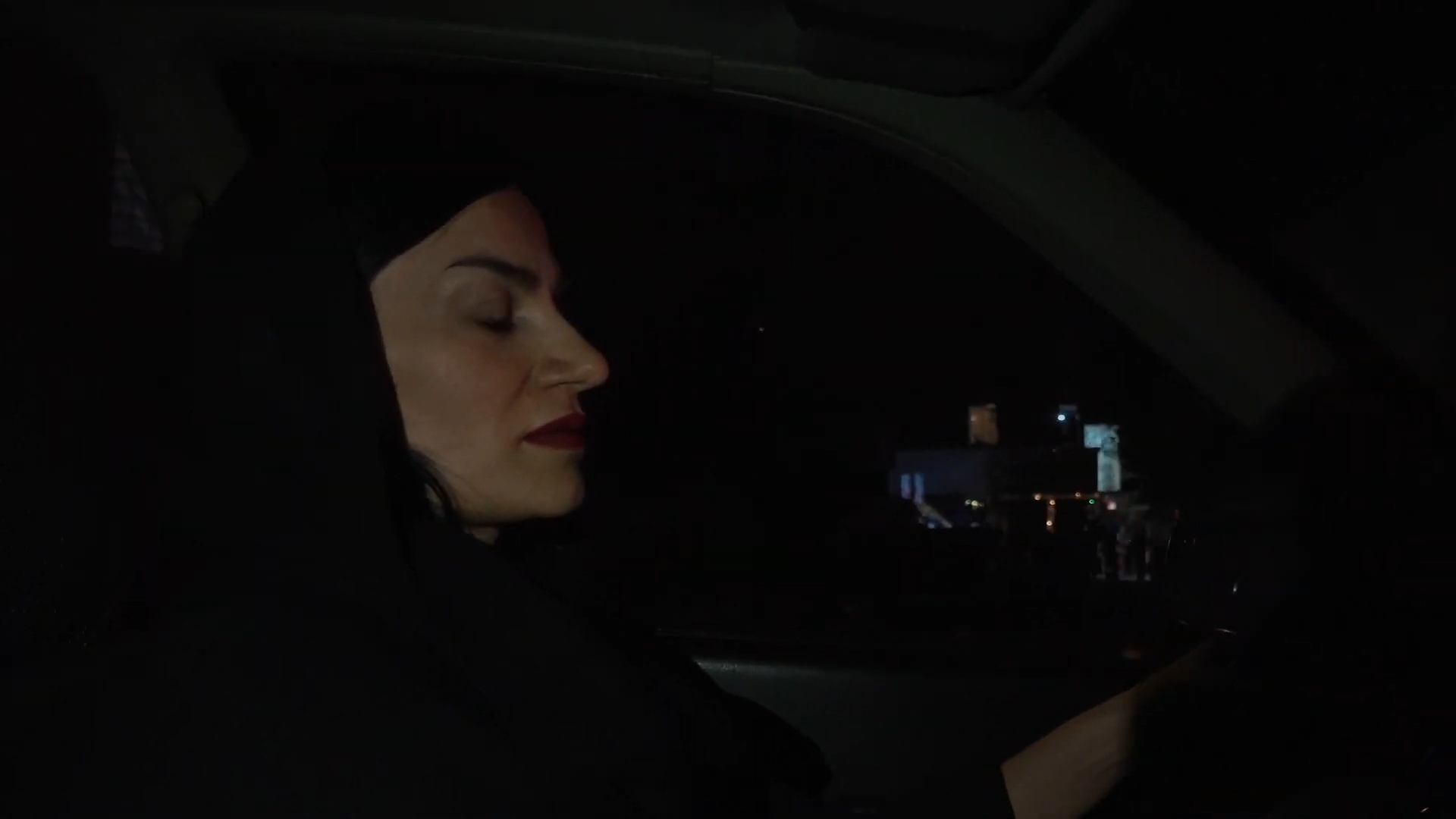
In the short film “Who Loves the Sun,” Arshia Shakiba journeys to Syria with his camera to document the enduring impacts of the civil war that has devastated many energy production facilities in the country. The film portrays individuals who, out of necessity, engage in the perilous task of oil refining under hazardous health conditions yet still struggle to generate sufficient light and energy for their communities.
